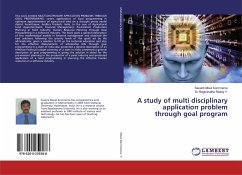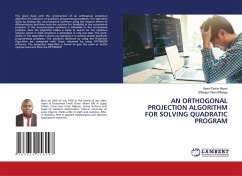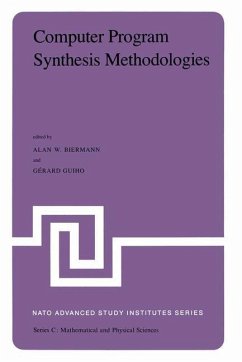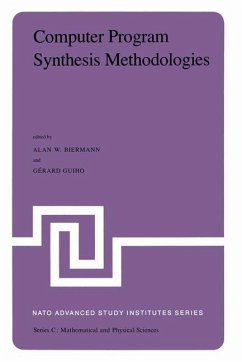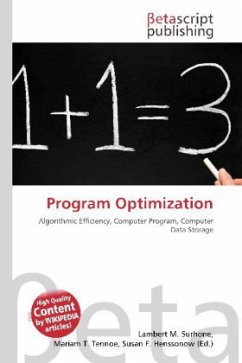
Program Optimization
Versandkostenfrei!
Versandfertig in 6-10 Tagen
32,99 €
inkl. MwSt.

PAYBACK Punkte
16 °P sammeln!
Please note that the content of this book primarily consists of articles available from Wikipedia or other free sources online. Although the word "optimization" shares the same root as "optimal," it is rare for the process of optimization to produce a truly optimal system. The optimized system will typically only be optimal in one application or for one audience. One might reduce the amount of time that a program takes to perform some task at the price of making it consume more memory. In an application where memory space is at a premium, one might deliberately choose a slower algorithm in ord...
Please note that the content of this book primarily consists of articles available from Wikipedia or other free sources online. Although the word "optimization" shares the same root as "optimal," it is rare for the process of optimization to produce a truly optimal system. The optimized system will typically only be optimal in one application or for one audience. One might reduce the amount of time that a program takes to perform some task at the price of making it consume more memory. In an application where memory space is at a premium, one might deliberately choose a slower algorithm in order to use less memory. Often there is no one size fits all design which works well in all cases, so engineers make trade-offs to optimize the attributes of greatest interest. Additionally, the effort required to make a piece of software completely optimal incapable of any further improvement is almost always more than is reasonable for the benefits that would be accrued; so the process of optimization may be halted before a completely optimal solution has been reached. Fortunately, it is often the case that the greatest improvements come early in the process.








